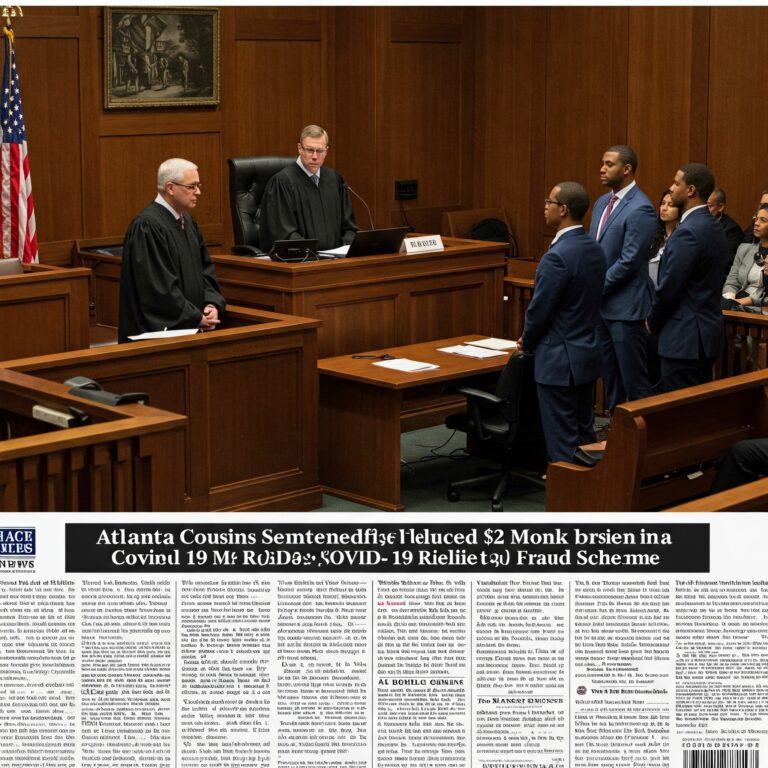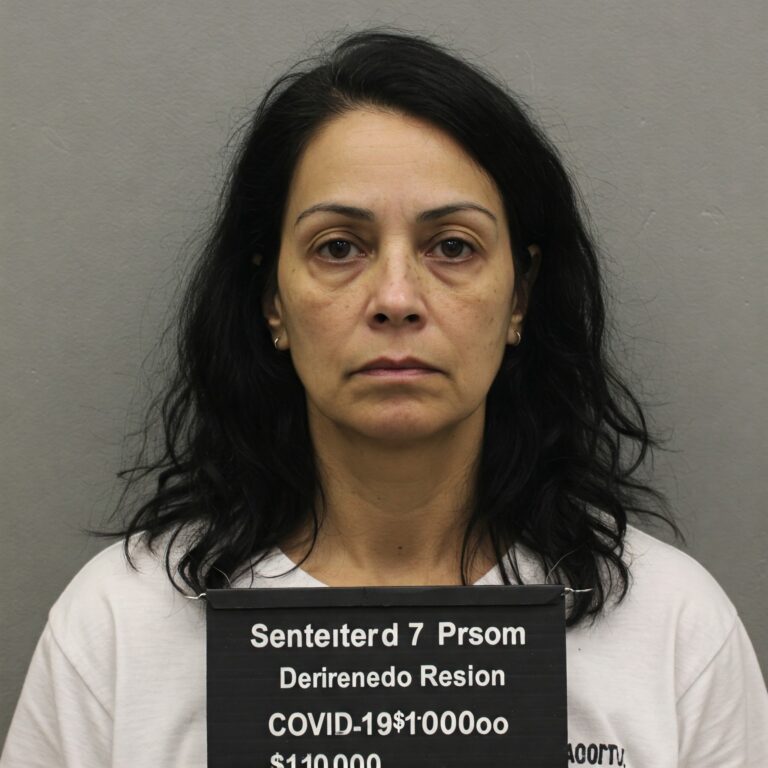Atlanta Cousins Sentenced in $2 Million+ COVID-19 Relief Fraud Scheme: Narcisse and Dieujuste Exploited PPP and EIDL Programs
Atlanta, GA – In a stark reminder of the pervasive fraud that plagued COVID-19 relief programs, two Georgia men,…

Atlanta, GA – In a stark reminder of the pervasive fraud that plagued COVID-19 relief programs, two Georgia men,…

The U.S. Attorney’s Office has delivered a stern message against the misuse of pandemic relief funds, highlighting a recent…